Verbal abuse, passive aggression, gaslighting, and social withdrawal are all forms of emotional abuse. Here are the causes of emotional abuse in a relationship, as well as how to recover from it.
Anger and abuse in relationships begin with blame: “I feel bad, and it’s your fault.”
Even when they recognize the wrongness of their behavior, resentful, angry, or emotionally abusive people are likely to blame it on their partners: “You push my buttons,” or, “I might have overreacted, but I’m human, and look what you did!” Angry and abusive people feel like victims, which justifies in their minds victimizing others.
The Causes Of Emotional Abuse And How Recover From It
Angry and abusive partners tend to be anxious by temperament. From the time they were children, they’ve had a sense of dread that things will go badly and that they will fail to cope. They try to control their environment to avoid feelings of failure and inadequacy. The strategy of trying to control others fails to satisfy them for the simple reason that the primary cause of their anxiety is within them. It springs from one of two sources—a heavy dread of failure, or fear of harm, isolation, and deprivation.
The Silent Abuser
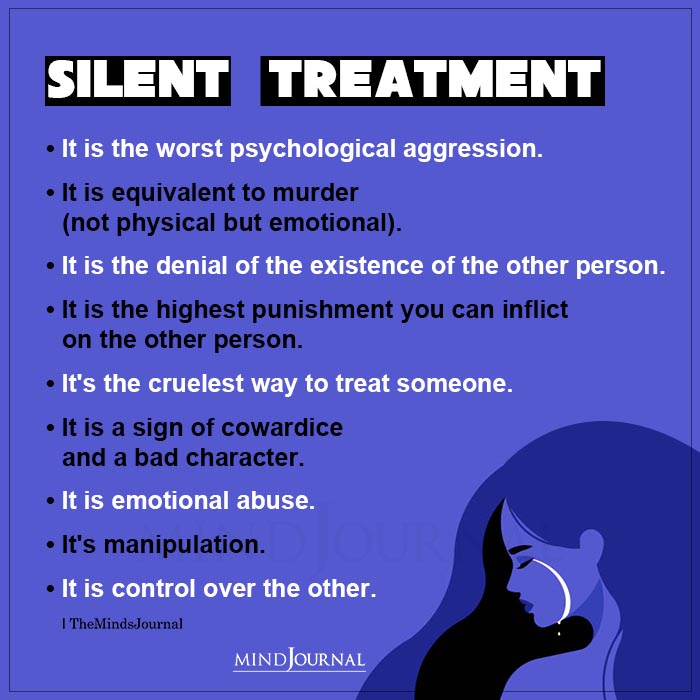
Not all emotional abuse involves shouting or criticism. More common forms are “disengaging” (a distracted or preoccupied partner) or “stonewalling” (a partner who refuses to accept anyone else’s perspective).
Partners who stonewall may not overtly put anyone down. Nevertheless, they punish by refusing even to think about their partners’ perspectives. If they listen at all, they do so dismissively or impatiently.
Disengaging partners say, “Do whatever you want, just leave me alone.” They’re often workaholics, couch potatoes, flirts, or obsessive about something. They try to deal with their sense of inadequacy about relationships by simply not trying—since no attempt means no failure.
Both stonewalling and disengaging tactics can make you feel:
- Unseen and unheard;
- Unattractive;
- Like you don’t count;
- Like a single parent.
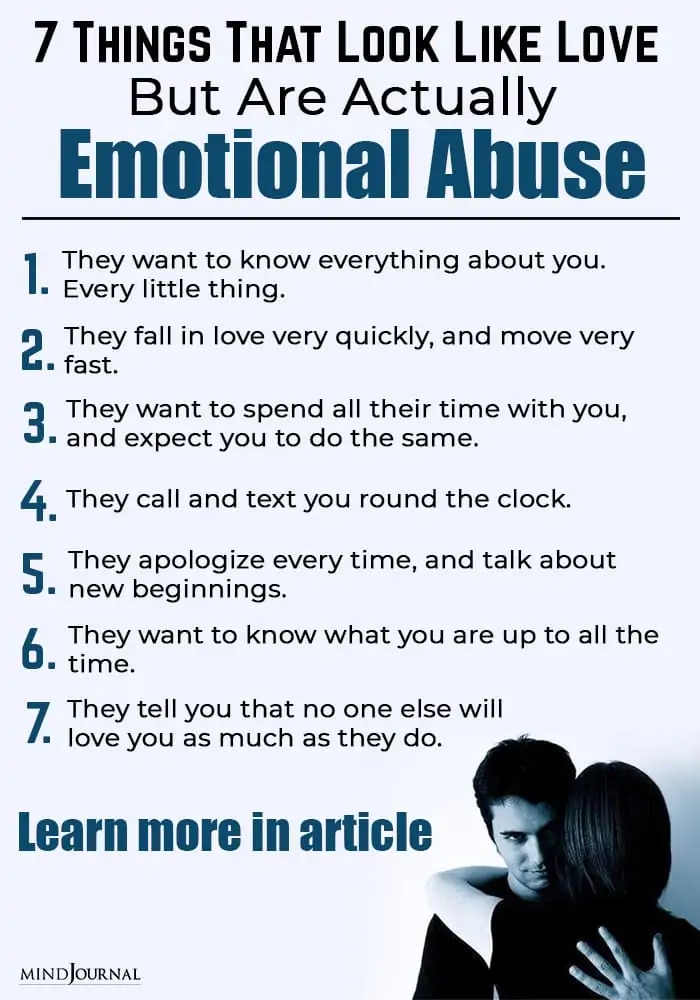
Harmful Adaptations to Anger and Abuse: Walking on Eggshells
The most insidious aspect of living with an angry or abusive partner is not the obvious—nervous reactions to shouting, name-calling, criticism or other demeaning behavior. It’s the adaptations you make to try to prevent those episodes. You walk on eggshells to keep the peace, or a semblance of connection.
Women can be especially vulnerable to the negative effects of walking on eggshells due to their greater tendency to be vulnerable to anxiety. Many may engage in constant self-editing and self-criticism to keep from “pushing his buttons.” Emotionally abused women may second-guess themselves so much that they feel as though they have lost themselves in a hole. Emotionally abused men tend to isolate more and more, losing themselves in work or hobbies—anything but family interactions.
No One Escapes the Effects of Emotional Abuse In Relationships
Everyone in a walking-on-eggshells family loses some degree of dignity and autonomy. We know that no less than half the members of such families, including children, will suffer from clinical anxiety and/or depression. (“Clinical” meaning that the symptoms interfere with normal functioning.
They can’t sleep, can’t concentrate, can’t work as efficiently, and can’t enjoy themselves without drinking.) Most of the adults lack genuine self-esteem(based on realistic self-appraisals), and the children rarely feel as good about themselves as other kids.
When it comes to more severe forms of destructiveness, purely emotional abuse is usually more psychologically harmful than physical abuse. There are a couple of reasons for this: Even in the most violent families, incidents tend to be cyclical.
Early in the abuse cycle, a violent outburst may be followed by a “honeymoon period” of remorse, attention, affection, and generosity—but not genuine compassion. (The honeymoon stage eventually ends, as the victim begins to say, “Never mind the flowers, just stop hitting me!”) Emotional abuse, on the other hand, tends to happen every day—the effects are more harmful because they’re more frequent.
The other factor that makes emotional abuse so devastating is the greater likelihood that victims will blame themselves. When someone hits you, it’s easy to see that he or she is the problem. But when the abuse is subtle—saying or implying that you’re ugly, a bad parent, stupid, incompetent, not worth attention, or that no one could love you—you are more likely to think it’s your problem.
Important questions to ask of yourself:
- Do I like myself?
- Am I able to realize my potential?
- Does everyone I care about feel safe?
- Do my children like themselves?
- Are they able to realize their fullest potential?
- Do they feel safe?
Recovery from walking on eggshells requires removing focus from the repair of your relationship, or your partner, and placing it squarely on your personal healing. The good news is that the most powerful form of healing comes from within you.
You can draw on your inner resources by reintegrating your deepest values into your everyday sense of self. This will make you feel more valuable, confident, and powerful, regardless of what your partner does. And it will give you the strength to seek a relationship in which you are valued and respected.
Written by Steven Stosny, Ph.D This article has been republished from the blog Anger in the Age of Entitlement in Psychology today
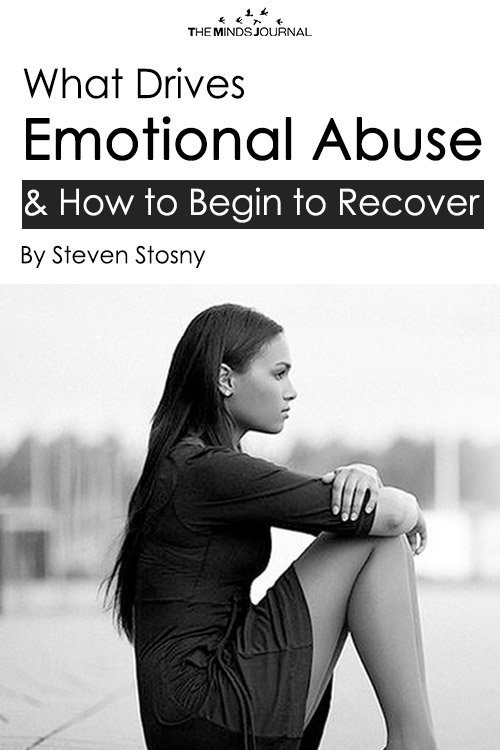
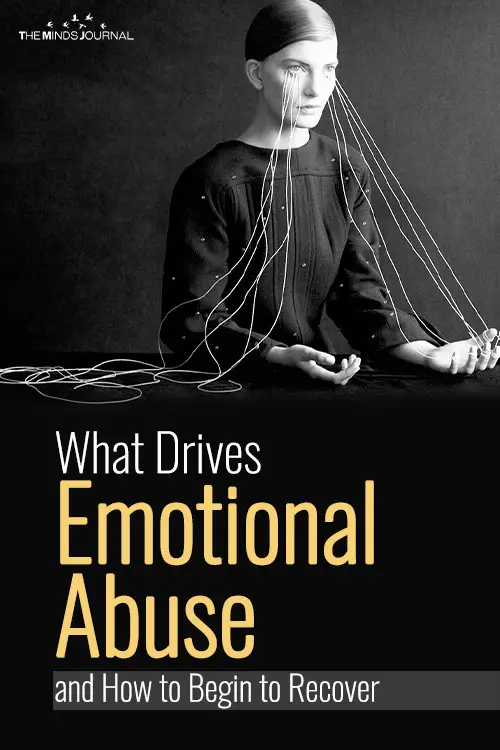
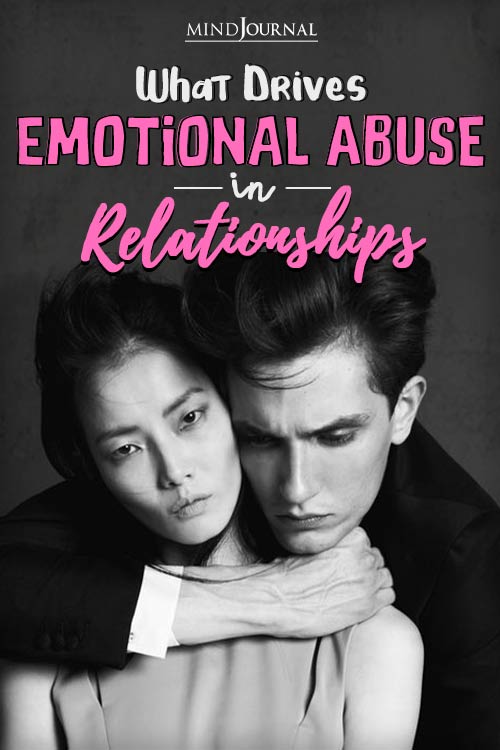
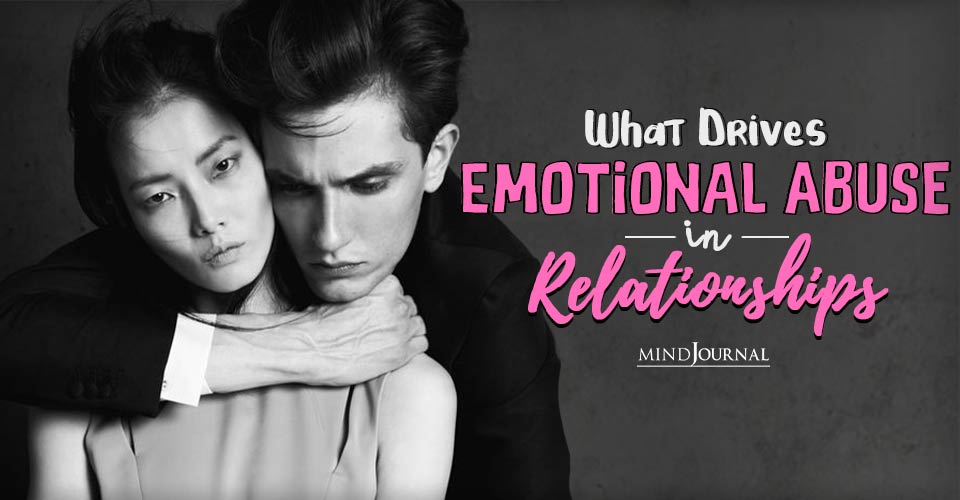







Leave a Reply
You must be logged in to post a comment.